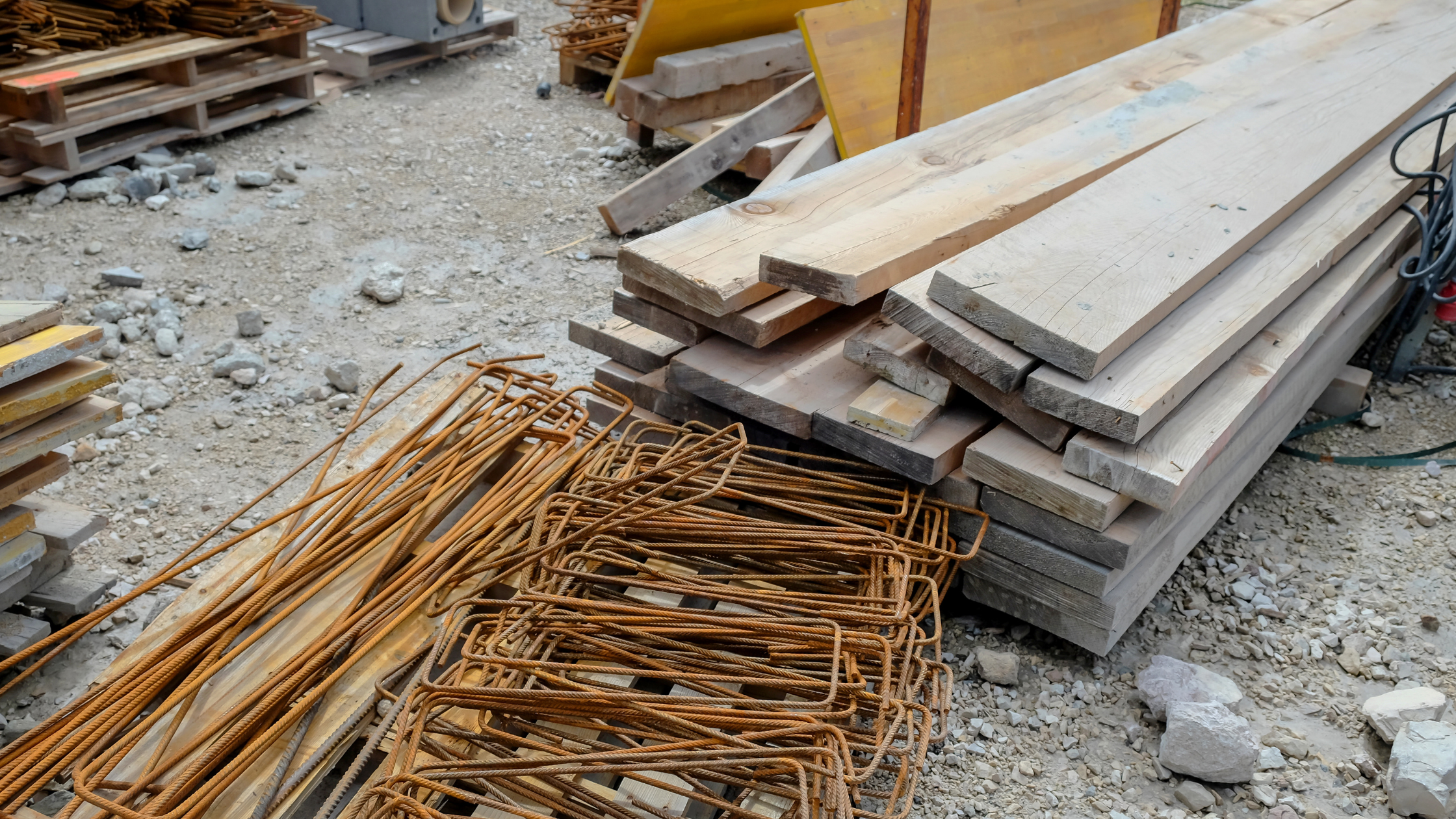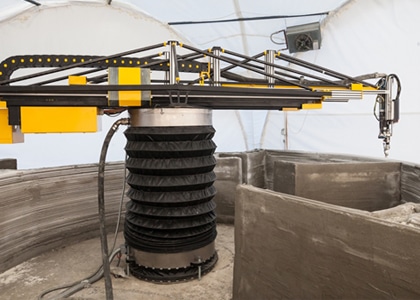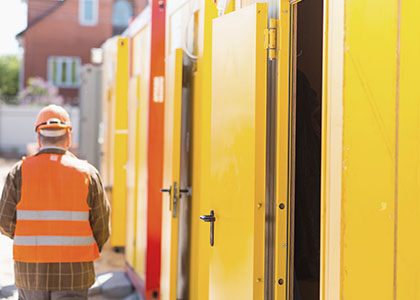Home / Blog / Saudi Arabia’s Construction Sector Embraces Diversity
The Kingdom’s transformation under Vision 2030 has already started improving female economic participation. Further steps are being taken to increase women’s representation in the Kingdom’s construction and engineering sectors.
A recent study by the World Bank, which measures regulations and laws related to the economic opportunities of women, highlighted that Saudi Arabia has made significant progress over the past two consecutive years. With a score of 80 out of 100, the Kingdom is ranked among the leading countries in the region.
Under Vision 2030, Saudi Arabia expects its female citizens to have a pivotal role in modernizing the country. The Kingdom has rolled out a number of reforms to boost female participation. Allowing women to drive, travel alone, and live independently are just a few of the reforms the Kingdom has introduced during the past few years.
The Kingdom is aiming to eliminate workplace discrimination based on gender. What’s more, the retirement age and pension for both genders will now be the same.
These reforms benefit more than five million Saudi women who are 21 years old and older. Female employees in a number of sectors have been moved into managerial positions which were previously not available to them.
To commemorate International Women in Engineering Day (INWED), AMAALA, a key Vision 2030 megaproject, and WSP Middle East, a professional services consultancy, recently collaborated to discuss diversity and inclusivity in working environments, especially the engineering sector, and the progress made so far.
Ahmed Darwish, the Chief Administrative Officer at AMAALA, stressed the need to increase opportunities for young Saudis, spotlighting the role of women in the sector, and encourage the Kingdom’s women to pursue science, technology, engineering, and mathematics (STEM) education.
While females are still a minority in STEM sectors like engineering and construction, an increasing number of women are opting for education and careers in these fields. Women now make up around 17% of the workforce in STEM sectors with an increasing number pursuing STEM qualifications through higher education.
Shona Wood, who works with WSP Middle East as a Gender Balance Steering Committee Representative and Head of Integrated Project Delivery and Architecture, said that as an increasing number of women are discovering the benefits of opting for engineering careers, a transformational shift can be seen. She highlighted that both genders need to play a role to empower young women.
In a country where around two-thirds of the citizens are below the age of 35, these progressive reforms are being welcomed. With increased diversity and inclusivity, more economic opportunities are now being provided to both genders. These steps are contributing significantly to the transformation of the Kingdom and helping it to achieve its modernization goals.











